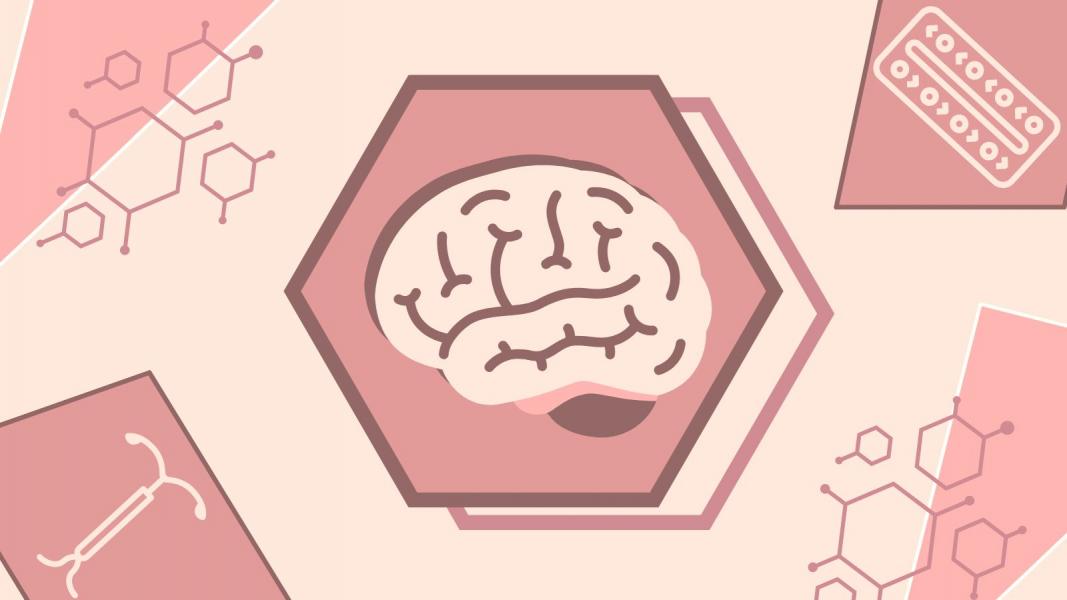Mind the Gap: Hormonal Contraceptives and Brain Health
Mind the Gap: Hormonal Contraceptives and Brain Health — Session 10: Trainee-Mentor Networking Session
February 2, 2023, 10:00 am to 11:00 am

This is the third of four trainee-mentor sessions that is part of our virtual "Mind the Gap: Hormonal Contraceptives and Brain Health" conference, which brings attention to the brain health issues that women+ face and encourage the medical, scientific and commercial communities to address them.
These sessions are offered through a collaboration with the CIHR Institute of Gender and Health Trainee Network and intend to provide trainees with the unique opportunity to meet and engage with sex and gender experts through informal conversations on diverse topics, including professional development and research. In this session, we will be joined by Dr. Liisa Galea to talk about looking beyond SGBA (sex and gender based analysis) and the importance of women's health research.
If you have any questions that you would like to submit ahead of time, please email them to womenshealth.events@ubc.ca.
Agenda
10:00-10:05—Welcome Remarks
10:05-10:45—Trainee-Mentor session with Dr. Liisa Galea
10:45-11:00—Q&A
Individual Event Cost
General Public: $15
Students: $10
We offer you the option of registering for individual events or signing up for the entire series. Video recordings of our conference sessions will be sent to all registrants following each event. Register for this individual event below.
Mentor | Bio |
 | Dr. Liisa Galea Talk Title: Beyond SGBA: Women's Health Bio: Dr. Liisa Galea leads the Women's Health Research Cluster and is a Professor in the Department of Psychology, Health Advisor to VPRI, a member of the Centre for Brain Health and a Scientific Advisor at Women’s Health Research Institute at the University of British Columbia. My research investigates how sex hormones influence brain health and disease in both females and males. The main goal of my research is to improve brain health for women and men by examining the influence of sex and sex hormones on normal and diseased brain states such as depression and Alzheimer’s disease. Research: Although sex differences exist in many brain diseases, research targeting sex as a factor in brain health has been scarce. Dr. Galea’s research is vital in filling this knowledge gap, specifically in understanding how sex and hormones influence neuroplasticity in females as too often women’s health is ignored in research. This preclinical work is essential for developing tailored treatments for brain disease in both women and men. Her research examines the effects of hormones, stress and reproductive experience on neuroplasticity, including adult neurogenesis (the birth of new brain cells in the adult), and subsequent behaviour. Liisa developed the first animal models of postpartum depression, was among the first researchers worldwide to study hormonal control of adult neurogenesis and the impact of motherhood on the brain in later life. An understanding of how neurogenesis is regulated may provide clues for devising new therapeutic treatments for diseases that involve neuronal loss and show greater prevalence in women, such as Alzheimer’s disease and depression. |
Moderators | |
 | Bonnie Lee, University of British Columbia Events & Communications Assistant at Women's Health Research Cluster |
 | Dr. Hashim Islam, University of British Columbia Okanagan |